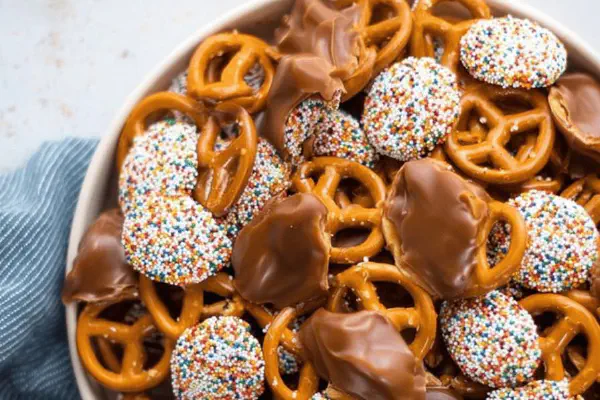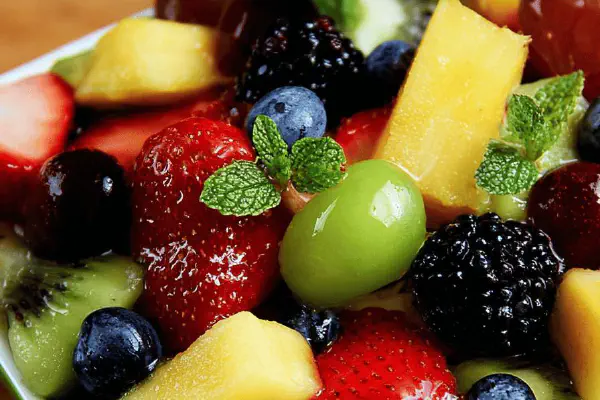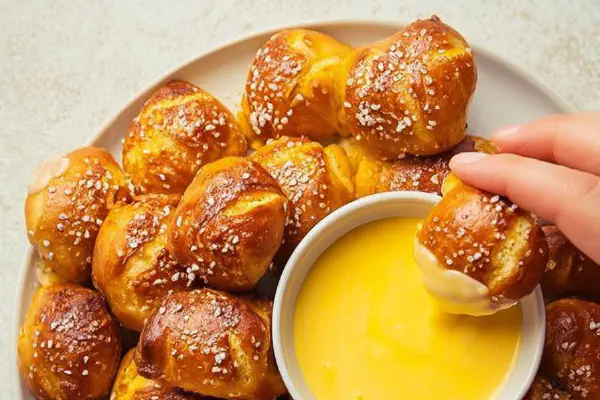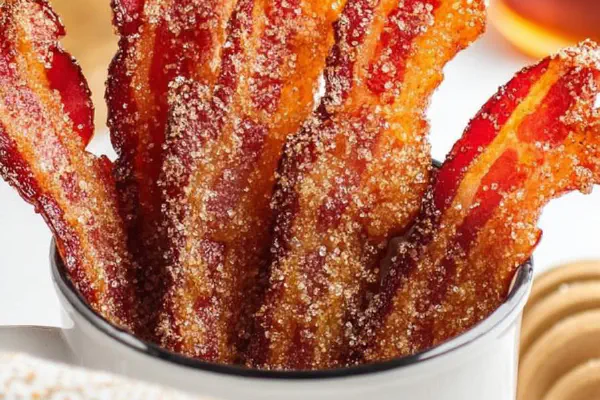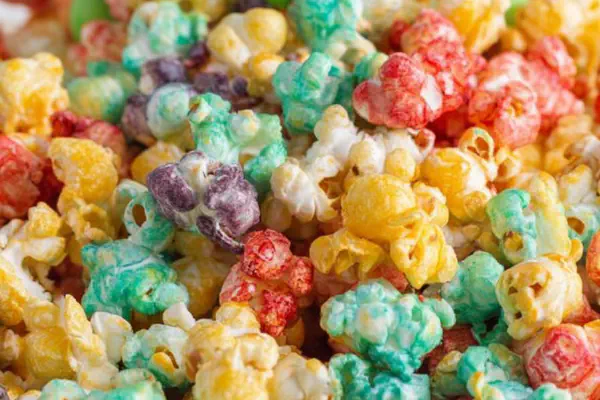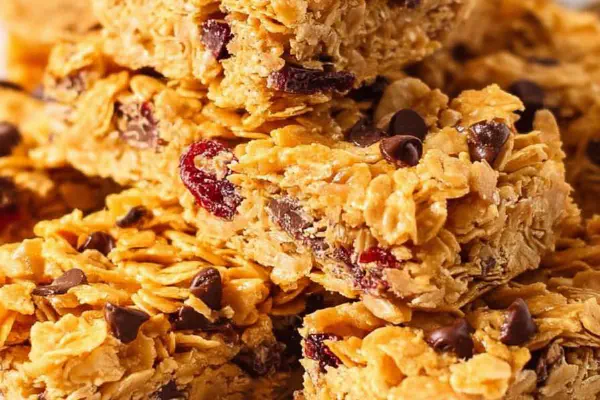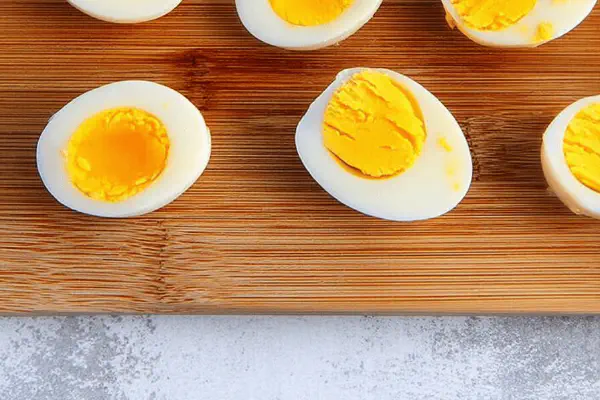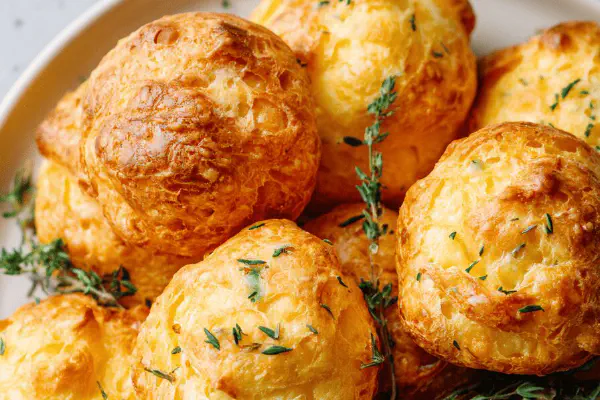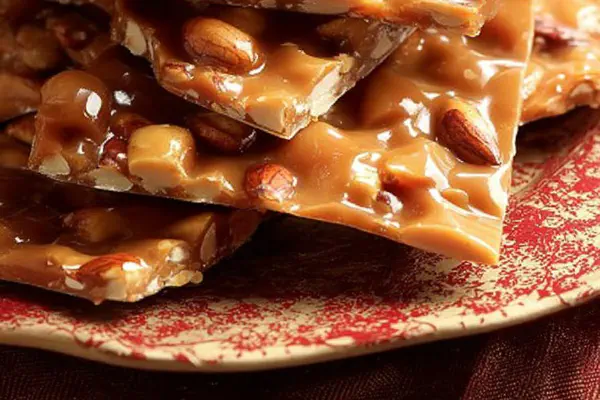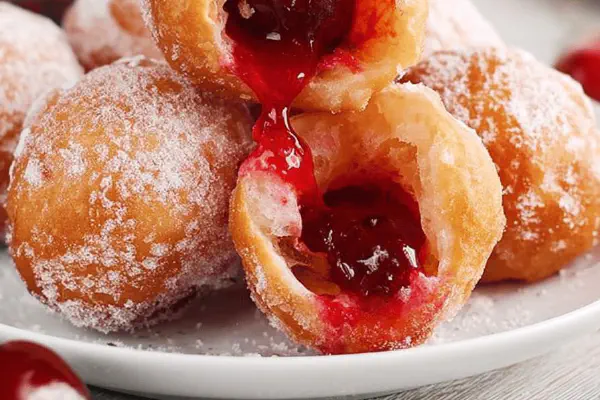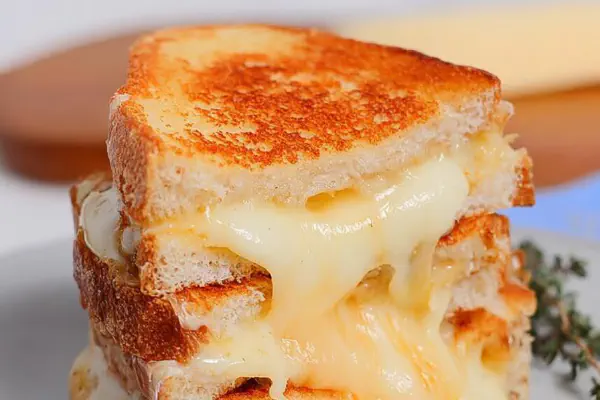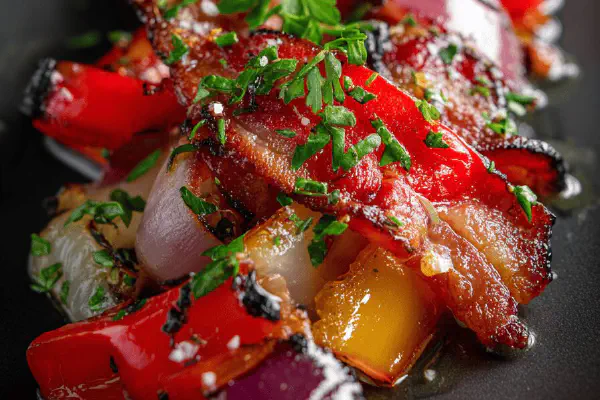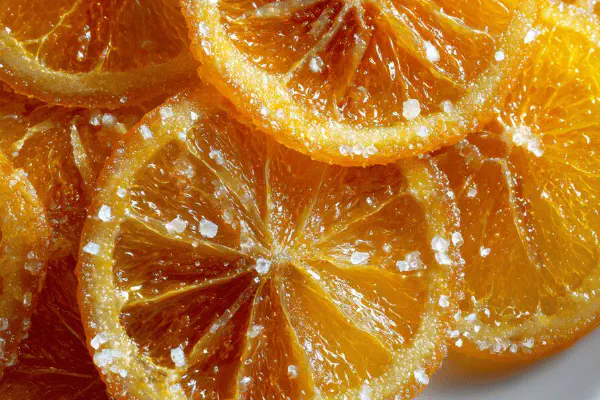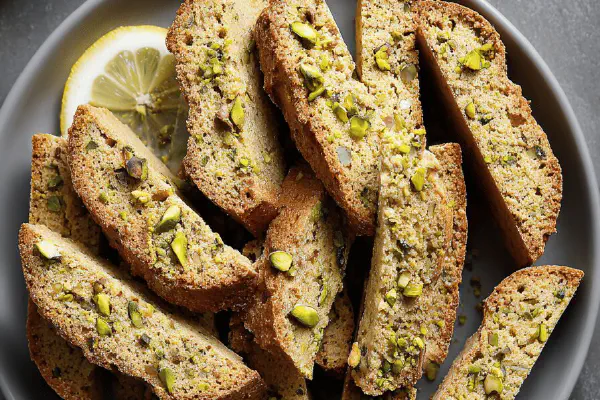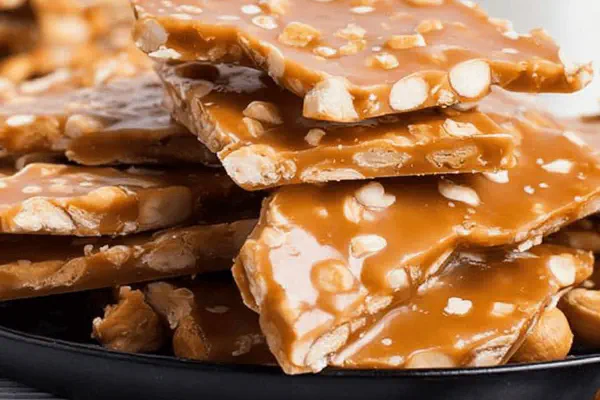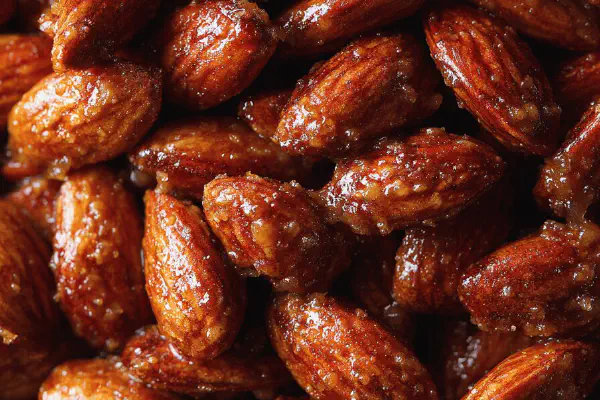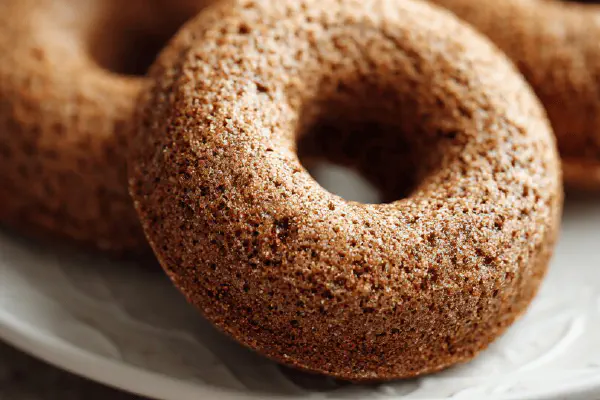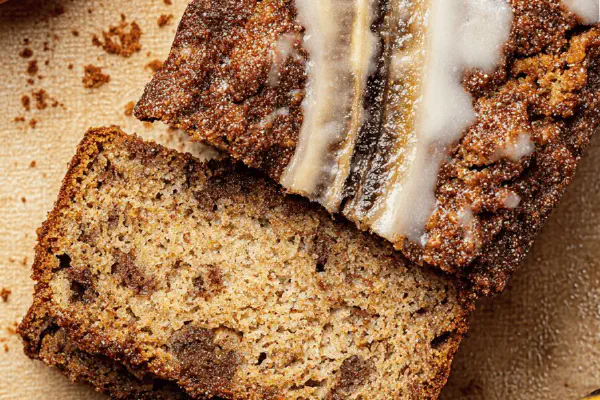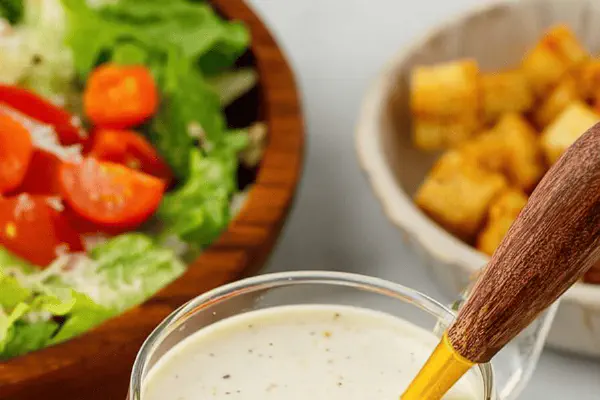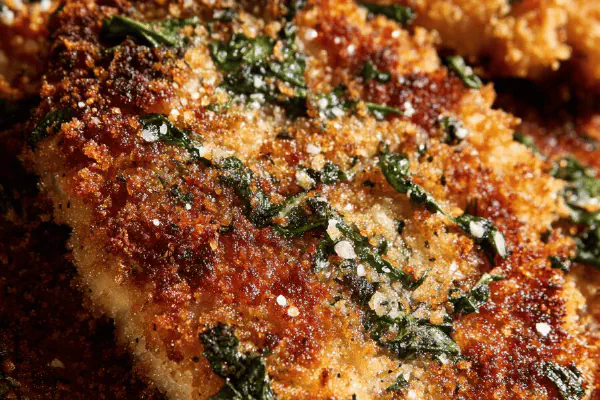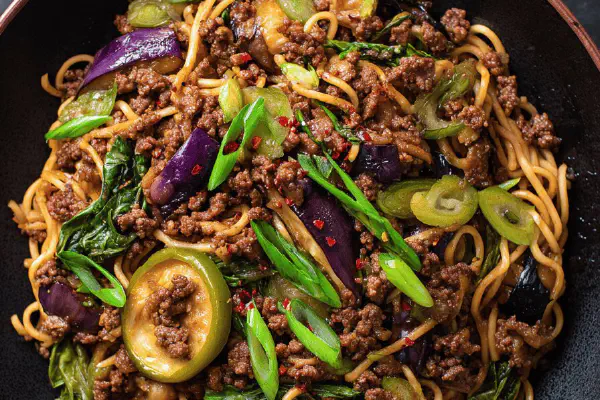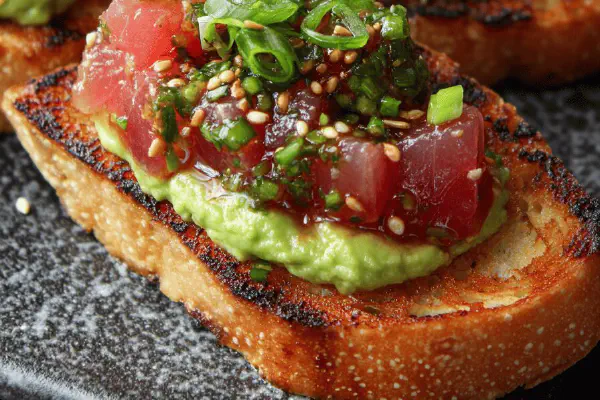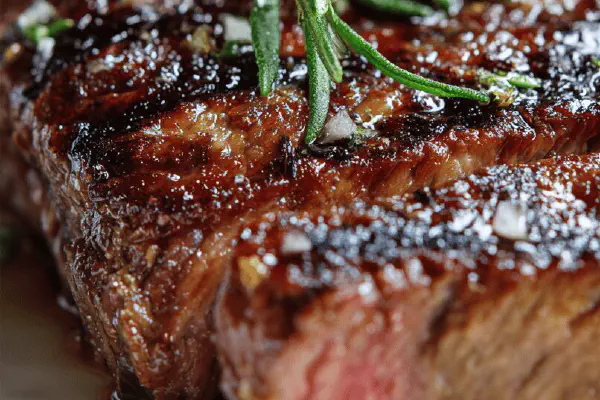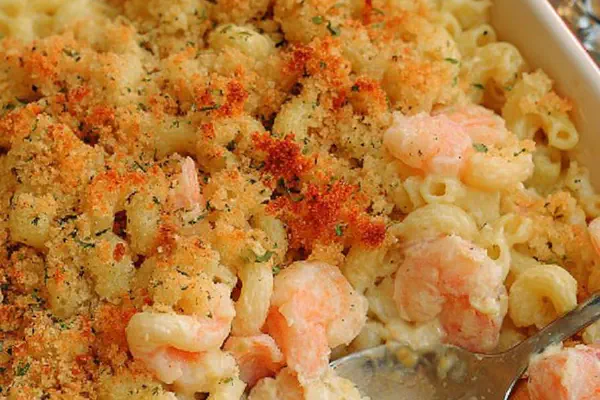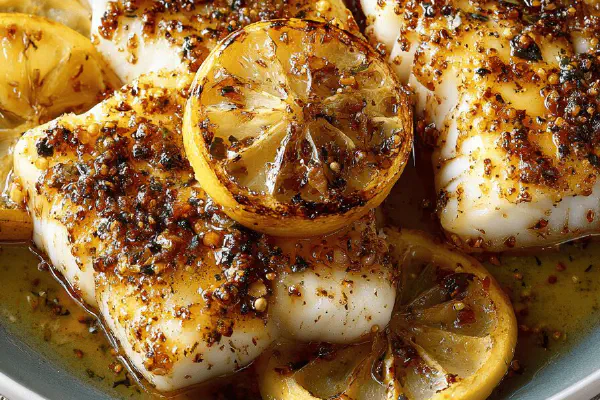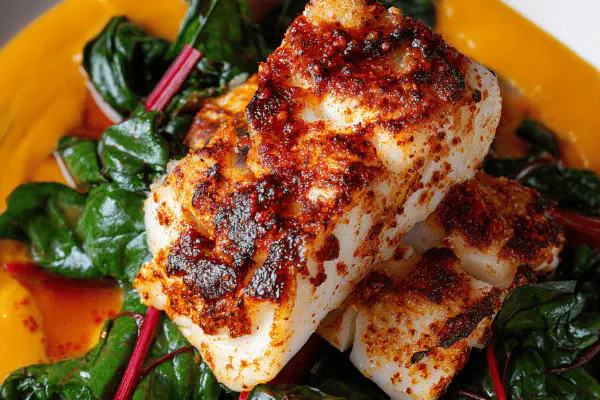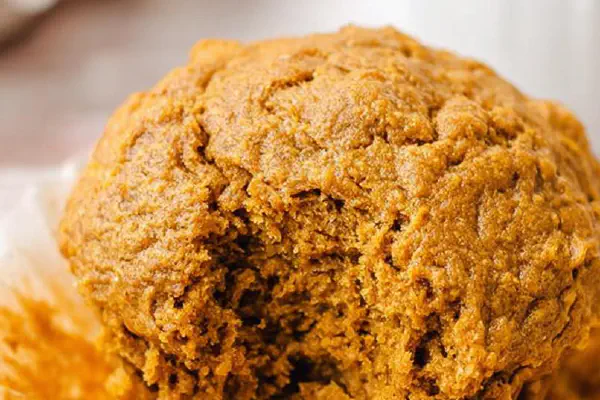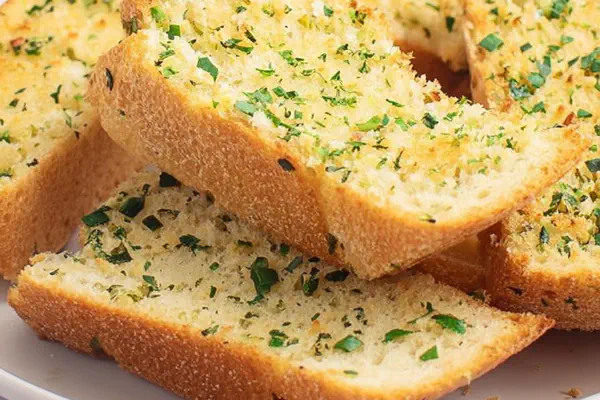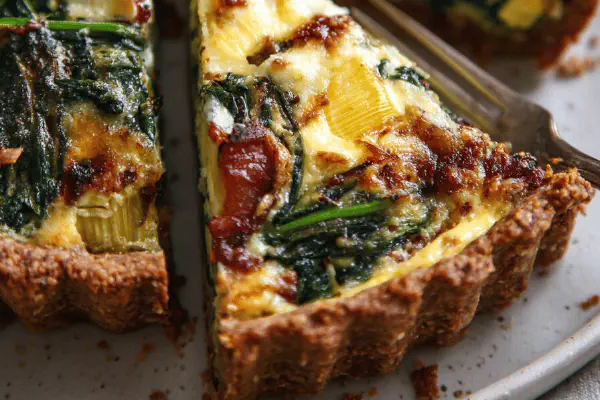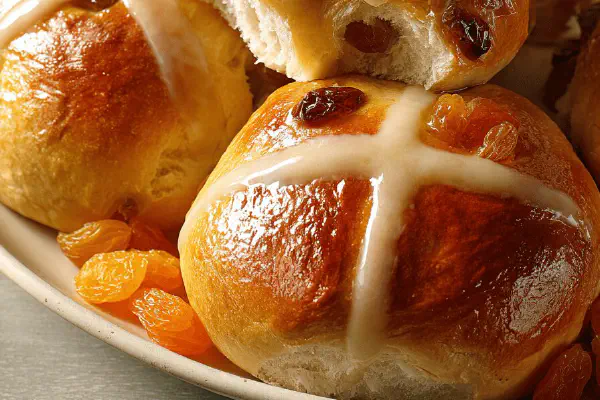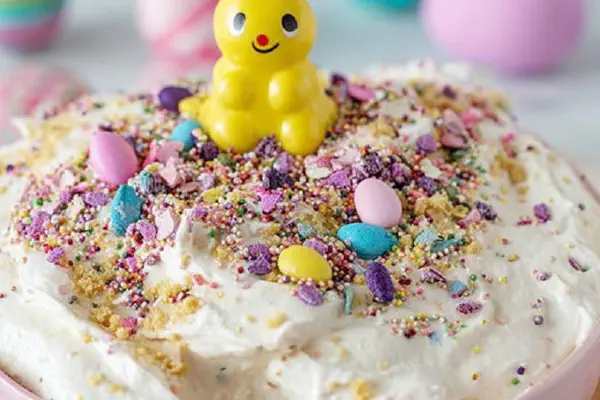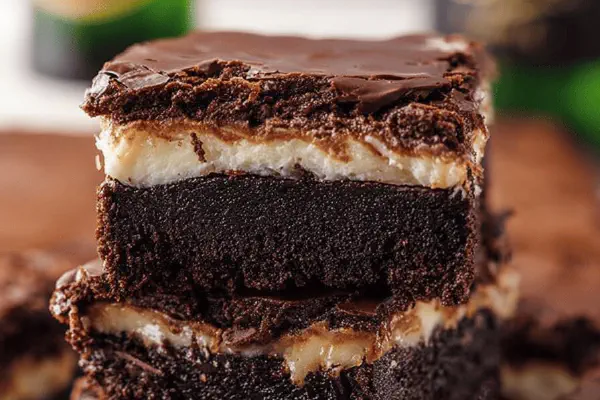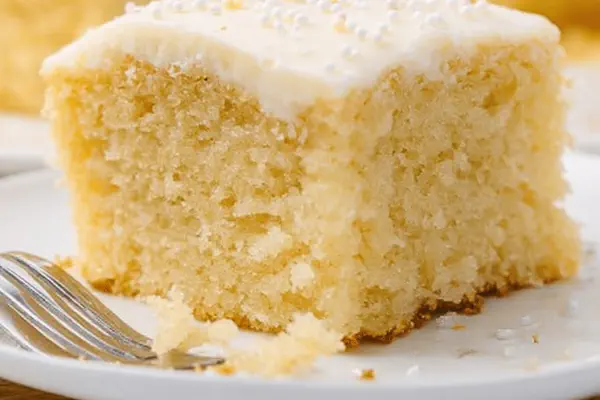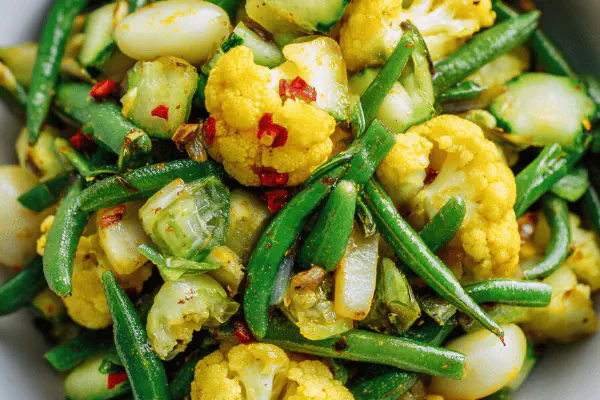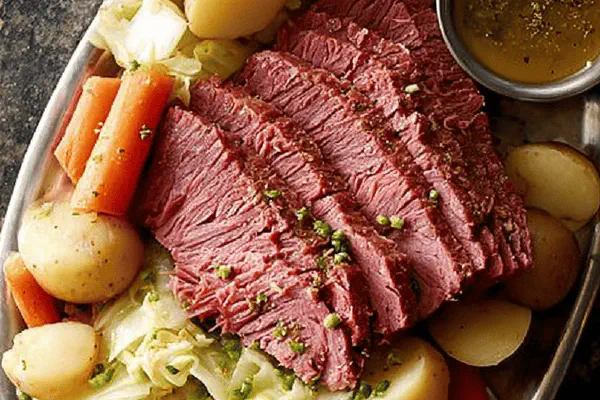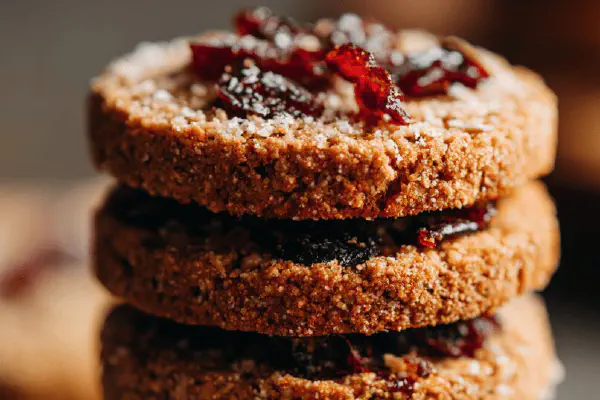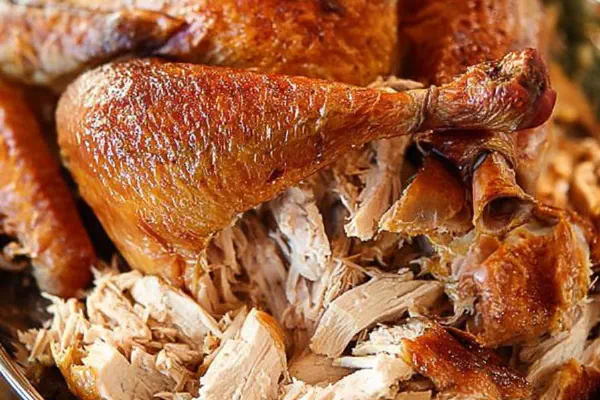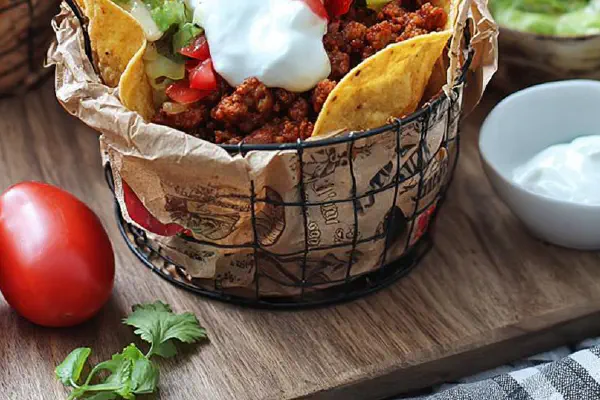
Pickled Eggs with Shallots
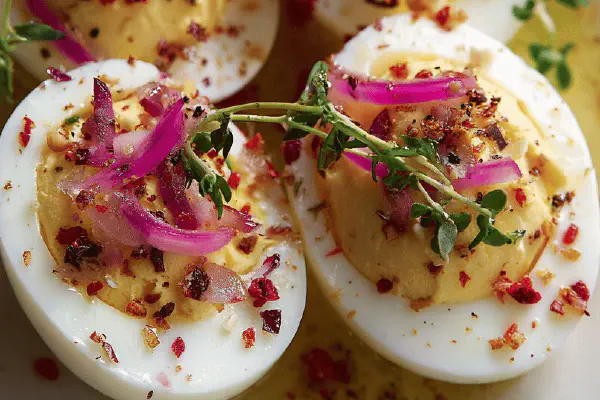
By Emma
Certified Culinary Professional
Before You Start
Ingredients
- 6 hard boiled eggs peeled tightly (see note)
- 120 ml cider vinegar almost half cup
- 120 ml water nearly half cup
- 4 ml sugar about 3/4 teaspoon
- 4 ml cracked pink peppercorns lightly crushed
- 3 ml coarse sea salt just over half teaspoon
- 2 small shallots sliced very thin into quarters
- 1 sprig fresh thyme
In The Same Category · Snacks
Explore all →About the ingredients
Method
- Start by poking any air pockets in peeled eggs with a pin—prevents spoilage and stops cracking once brined.
- Place eggs snugly inside a wide mouth glass jar or ceramic container that holds around 700 ml to 800 ml capacity; avoid metal—acid reacts.
- In a small saucepan, combine cider vinegar, water, sugar, pink peppercorns, salt, and the fresh thyme sprig; bring to a rolling boil.
- Pour the boiling liquid carefully over the eggs and shallots—should bubble as it hits but not overflow.
- Let jar stand at room temperature just until cool enough to cover—usually 15 minutes. Don’t rush; hot jar could weaken seals or crack glass.
- Seal tightly, refrigerate immediately after cooling.
- Wait at least 72 hours before tasting—eggs absorb flavors slowly, texture changes subtly; a bit chewy on edges.
- Good for up to 4 weeks cold, but observe for any discoloration or odd smells—never compromise safety.
- Remove thyme sprig if you want to keep eggs longer, as herbs lose freshness and can discolor brine.
- Slice on diagonal for best presentation, serve chilled with crusty bread or crudités.
Cooking tips
Chef's notes
- 💡 Poke eggs gently with pin in air pocket to stop cracking in acidic brine. Pour boiling liquid steady but don’t splash; hot glass shock kills jars or cracks eggs. Use wide-mouth jar 700-800 ml for snug fit. Chill eggs in ice bath minimum 10 minutes post boil. Quick cooling after hot brine softens eggs weirdly; patience here matters. Shake jar gently first two days; circulation helps flavor reach yolk edges evenly but avoid rattling hard.
- 💡 Substitute pink peppercorn with Sichuan pepper for numbing effect or whole black peppercorns but lose floral top notes. Vinegar swap? White wine or rice vinegar okay, malt turns bitter. Keep fresh thyme sprig; dries brine if use dried. Salt matters: kosher or sea salt preferred. Water critical to balance acidity—too little vinegar and eggs get rubbery. Sugar dissolves slowly; dissolve fully before boiling to avoid gritty brine edge.
- 💡 Avoid metal containers; acid reacts, taste turns off. Sterilize jar with boiling water or dishwasher cycle. Don't reuse brine; bacteria risk high. Remove herbs after 7-10 days or brine discolors, turns bitter. Use fresh eggs about a week old from carton; peel easier, fewer pockmarks. Slice eggs diagonally to reveal layers - translucent yolk ring signals right pickle time. Watch for floating shallots—press gently with sterilized utensil.
- 💡 Cook eggs to 6 minutes; overcooked whites turn rubbery after pickling, undercooked make brine flop. Cracks in shells make texture odd—blow dry to fix cracks before peeling. Cool brine gradually at room temp for 15 minutes; hot jar kills seal. After 72 hours minimum don’t rush taste; texture still firm outside, creamy yolk inside. Keep refrigerated to slow spoilage but acidity protects better than fridge alone.
- 💡 Pink peppercorn bursts release slowly over pickling time; cracked gives better floral heat than ground powder. Vinegar aroma sharp at boil but mellows in days. Presentation is part; flaky salt sprinkle on serving or crusty bread alongside amplifies texture contrast. Store tight jar to keep herb aroma fresh longer. If thicker shallots try pressing down before pouring hot brine to avoid floating; ensures flavor spread everywhere.
Common questions
Why poke eggs before pickling?
Stops cracking when acid hits inside shell. Poking air pocket helps pressure match inside outside. Prevents floating cracks that ruin texture. Makes peel smoother. Helps brine get inside slowly too.
What vinegar alternatives work?
White wine vinegar or rice vinegar swap but shifts sharpness, milder or sweeter notes depend. Malt vinegar can cause bitterness; avoid for eggs. Cider vinegar tastes apple-like, less harsh. Adjust sugar slightly if swapping for different acid strength.
Eggs become rubbery how to fix?
Usually overcooked before pickling or brined too short time at wrong temp. Cook eggs just till firm but not hard. Wait 3 days fully before tasting. Too little water means excess acid shocks whites too much. Try fresh eggs, peel gently avoid shell cracks.
How long keep pickled eggs?
Refrigerate up to 4 weeks is safe. Watch discoloration, smell off. Remove herbs after a week to avoid bitter brine. Some keep longer sealed but quality drops. Best to eat soon once color turns translucent near yolk. Avoid repeated open jar exposure.
